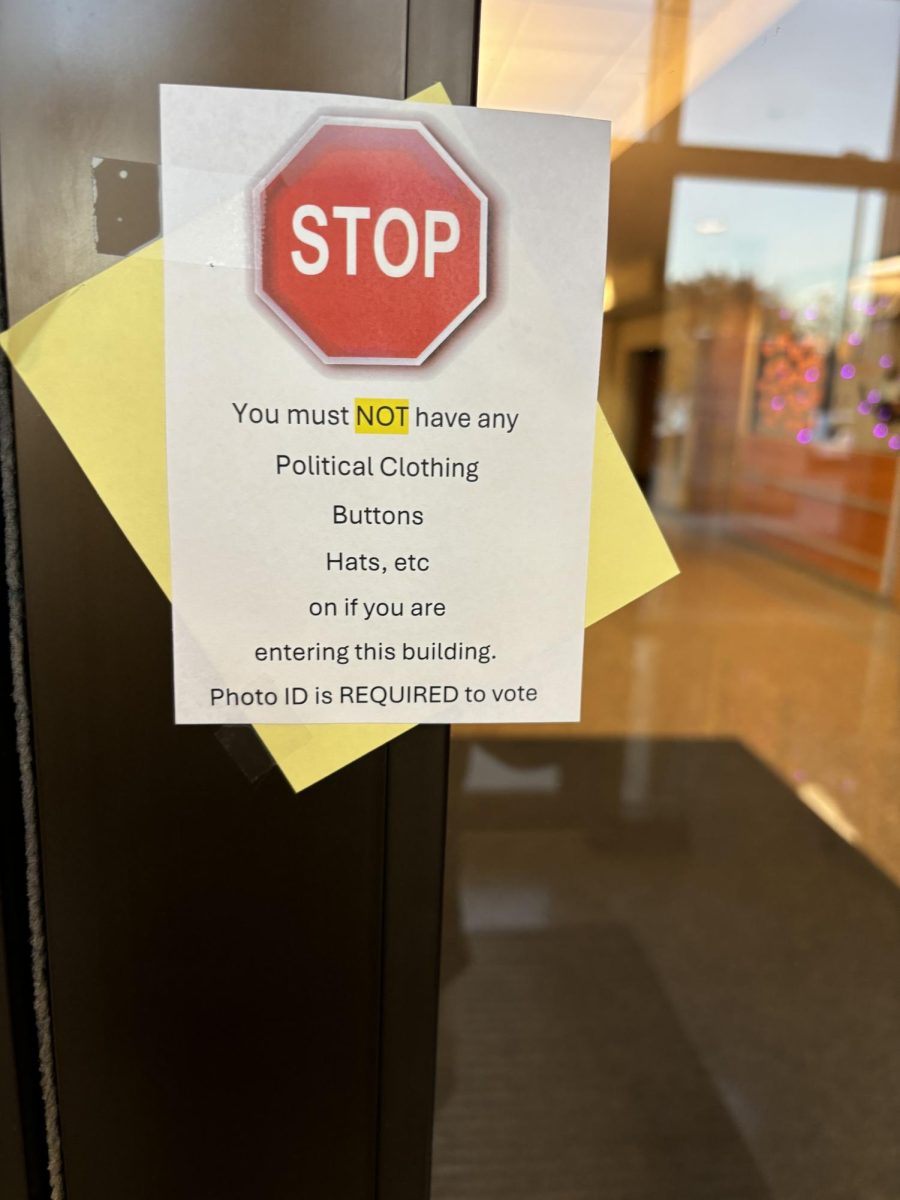Have ?pretty thoughts? when vulnerable
March 1, 2011
Keith Brumley
A person could do worse than have pretty thoughts. Sometimes it’s all we have8212;and always when we’re most vulnerable.
Take the winter of 1995. It hadn’t snowed, and though the ground had frozen hard and deep, I was starting colts into December. My facilities were outside, but I’d figured to hang on until my round pen drifted in.
One afternoon as I was urging a young gelding into a gallop, his rear feet slipped out from under him. He fell on his side, leaving my left leg pinned under him. Although this wasn’t uncommon, the idea of riding unsteady horses on frozen ground scared the shit out of me. It was only a matter of time until I got injured.
I decided on a move to the city and took a job with a temp agency in downtown Minneapolis. I was a “coder,” building a bibliography relative to a class action lawsuit. In a matter of days I was promoted to “advanced coder.” This meant I could manage the work of other coders without the concomitant raise in pay associated with the managerial team.
Standards were good at first but as the call for more documents grew, the temp agencies began to just fill the chairs. A core group of largely competent workers devolved into chaos.
At peak, my group included about 75 people; some from gangland, some illiterate, a few recovering drug addicts, a lawyer recovering from a stroke, musicians making a few dollars between gigs, immigrants beginning their forays into the land of liberty, and everyone else. It was cultural diversity at its most meaningful.
My job was heartbreaking. One woman had AIDS. Another man suffered from fast cycling bi-polar disorder. Still another woman had schizophrenia. When it became clear (to her at least) she could trust me, she confided that the computer companies filled their machines with bones. I advised her to just do her best.
Most painful was the morning bus trip. Each day we passed a man whose home8212;in the dead of winter8212;was a steam vent. He was often just awakening and displayed advanced Parkinson’s8212;like behavior. This soul became what seemed my personal representative of the city–maybe even the world.
It came to a head when a woman who was particularly disruptive shoved the schizophrenic woman into a desk as we got up for afternoon break. It was, for all purposes, an assault8212;but one that could never stand up in court. I’d informed my supervisor of her earlier behavior and he’d told me the next time she upended the office to let her go. And so I did.
She who assaulted the mentally ill woman, however, was black. She pulled the race card. My supervisor, who was white, backed away, apologized to the offender, and in doing so undercut my credibility to the point where it became an office-wide joke.
The stroke survivor said the people still respected me8212;but it didn’t appear that way. Managing an office full of wounded people8212;who were working at dead-end jobs while dealing with the betrayal of my supervisor, made it unbearable.
One morning, as I was walking into the building, I decided to quit. That’s what I did8212;first thing.
“I don’t blame you,” the shift manager told me. I went to my group to say goodbye. Many expressed disappointment. I was then given a standing ovation, led by the stroke survivor. I wondered whether it was in appreciation for my work or in appreciation for my exit. Since I had only $70 to get on, it was prettier to think the former.
The Tai Chi guy who monitored those who showed up for work told me not to worry, that I was destined for better things. I wondered where he’d received his information. Still, it was a pretty thought and I took it.
It was all I had. It was hope. Maybe it was a moment close to nirvana8212;but I doubt it. It was like stepping away from hell.
Keith is an SDSU alumnus and a journalism graduate student. Reach him at [email protected]





















